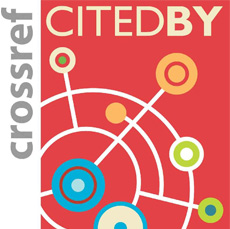ISSN : 2288-5412(Online)
DOI : http://dx.doi.org/10.14354/yjk.2009.31.79
Extensive Limit and Intensive Infiniteness of Language in Yeats's Later Poetry Abstract
Abstract
The most complex facet of Yeats’s poetry is perhaps its linguistic subtlety andnondiscursiveness. He does not tell the reader what to think, but aims to evokeemotion or feelings through particularly resonant imagery. This article aims to arguethat symbols in Yeats are not fixed at an unique point, but ubiquitous at any point,and therefore are infinite. The first part of the article examines, in the process ofproving infinity in symbol, picturesque images in later poems, which are analyzedfrom the point of view of Benjamin’s language theory. The second part addressesthe argument that Yeats intends to reveal, through picturesque images, not materialobjects but emotion and feelings, or the mental life via images. The last part arguesthat symbols in Yeats’s poetry are infinite, as reflects the infinitude of language ashis medium.
예이츠의 후기시에 나타난 언어의 외연적 한계성과 내포적 무한성*
초록
-
-
Submission : JAMS
https://yjk.jams.or.kr/
-
YSK
The Yeats Society of Korea
-
Editorial Office
Contact Information- Tel: +82-2-2220-4477
- E-mail: ilhwan_y@hanyang.ac.kr -

-

-

-

-

-





